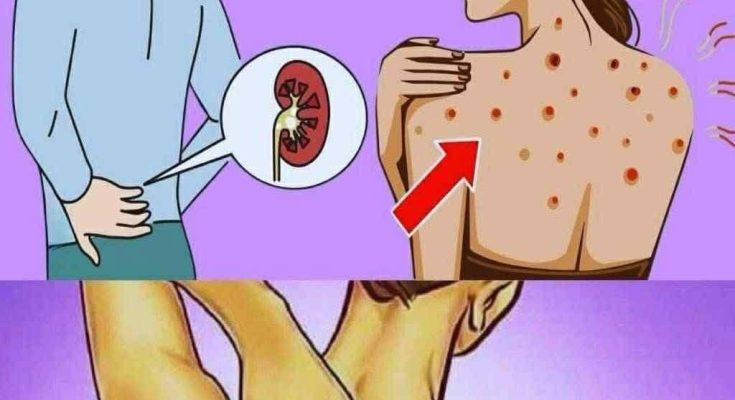Kidney disease is a quiet but serious issue that can really affect your overall health. It’s important to spot the warning signs that your kidneys might be in trouble, because catching it early can stop more problems from happening. If you see these signs, you should see a doctor right away to keep your kidneys and health safe.

Understanding the Role of the Kidneys
Your kidneys are super important organs that work hard to clean your blood, get rid of waste, keep your electrolytes balanced, and control blood pressure. These bean-shaped organs are found on both sides of your spine, just below your ribcage. They also make hormones that help produce red blood cells and keep your bones healthy. Healthy kidneys filter about 120–150 quarts of blood every day, getting rid of toxins through around 1–2 quarts of urine.

What Is Kidney Disease?
Kidney disease happens when the kidneys can’t work properly anymore. Some reasons for this include high blood pressure, diabetes, infections, autoimmune diseases, and genetics. If kidney disease isn’t treated, it can get worse and lead to kidney failure, which might need dialysis or a transplant. Spotting the warning signs that your kidneys are in danger can help you take action before it’s too late.
10 Warning Signs Your Kidneys May Be in Danger
1. Changes in Urination
Changes in urinary habits are among the first warning signs your kidneys are in danger. These include:
- Increased urination, especially at night
- Decreased urine output
- Foamy or bubbly urine, which could indicate protein leakage
2. Fatigue and Weakness
Kidneys help produce red blood cells by releasing a hormone called erythropoietin. When kidney function declines, anemia can develop, causing fatigue, weakness, and difficulty concentrating.
3. Swelling (Edema)
Fluid retention due to poor kidney function leads to swelling in the:
- Legs
- Hands
- Face
- Abdomen
4. Persistent Back Pain
Severe pain below the ribcage or tenderness in the back could be related to untreated urinary tract infections or kidney stones.
5. Unexplained Weight Loss or Loss of Appetite
Kidney disease can cause a loss of appetite and weight due to waste buildup in the blood. You may feel full even when you haven’t eaten much.
6. Nausea and Vomiting
Waste accumulation in the bloodstream often causes nausea or vomiting, especially in the morning or after meals.
7. Difficulty Sleeping
People with kidney disease frequently report trouble sleeping due to:
- Nighttime muscle cramps
- Restless leg syndrome
- Frequent urination disrupting sleep
8. Metallic Taste in the Mouth
A constant metallic flavor in your mouth is a usual sign of uremia, which happens when waste products build up in the blood.
9. Muscle Cramps and Twitching
When electrolytes are out of balance, particularly if calcium is low or phosphorus is high, it can cause painful cramps and muscle twitching.
10. Itchy Skin
When toxins build up because the kidneys aren’t working well, it can cause severe itching all over your body.
How to Reduce Your Risk
To keep your kidneys in good shape and prevent kidney disease from getting worse:
- Stay hydrated.
- Limit salt and processed foods in your diet.
- Manage chronic conditions like diabetes and high blood pressure.
- Avoid excessive use of painkillers and NSAIDs.
- Get regular check-ups, especially if you have a family history of kidney problems.

When to See a Doctor
If you see any warning signs that your kidneys might be in trouble, don’t just brush them off. Make sure to set up a visit with your doctor for a complete check-up, which could involve blood tests, urine tests, and imaging studies to check how well your kidneys are working. Acting early is really important to keep your kidneys healthy and avoid serious damage.
Conclusion
Noticing the warning signs that your kidneys are in danger can really help save your life. By being alert and getting medical help as soon as you notice something wrong, you can take care of your kidneys and stay healthy overall. Don’t hesitate—pay attention to your body and take action quickly if something doesn’t feel right.
Please SHARE this article with your family and friends on Facebook.



